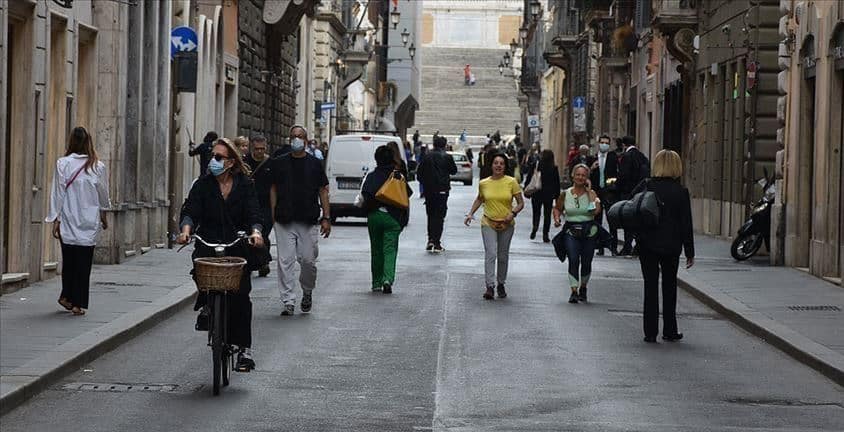Last updated on September 11th, 2021 at 08:25 am
British Health Secretary Matt Hancock announced a tightening of coronavirus restrictions in a northern English city on Tuesday as leading health professionals warned that a 2d wave “is coming.”
Hancock stated Bolton now has 120 instances per 100,000 people, the highest fee in the country.
He singled out young people in their twenties and thirties, as well as pubs, for spreading the virus.
To this end, Hancock introduced that pubs and eating places in Bolton can solely serve take-away and need to close between 10 p.m. and 5 a.m.
People will also be banned from socializing backyard their household.
The authorities is also anticipated to decrease the wide variety of people who can collect indoors in England from 30 to an as-yet-undecided number.
Jonathan Van-Tam, England’s deputy chief scientific officer, told Sky News: “This is a virus we’re going to have to live with – and if we’re no longer careful, if we don’t take this rather severely from this point on, we’re going to have a bumpy experience over the subsequent few months.”
“People have at ease too much,” he said, explaining the rise in coronavirus cases. “Now is the time for us to re-engage and realize that this is a persevering with threat to us.”
“It’s coming,” Dr. David Nabarro, the World Health Organization’s distinctive envoy for the international COVID-19 response, instructed Sky News about a workable 2d wave.
“I don’t like calling it a 2d wave, I just say there are going to be greater spikes and indeed some surges of cases because the virus hasn’t changed,” he said.
“It’s the identical virus that got here and precipitated so a great deal trouble before this year. It’s just been lurking, we’ve been very correct at protecting it returned thru limiting movement and lockdowns.”
Housing Secretary Robert Jenrick singled out younger people, and informed Sky News that people who had been “out playing themselves, who would possibly be going to university this month – they do want to workout a diploma of warning and mainly when they go home and see their aged relatives.
(AnadoluAgency)

